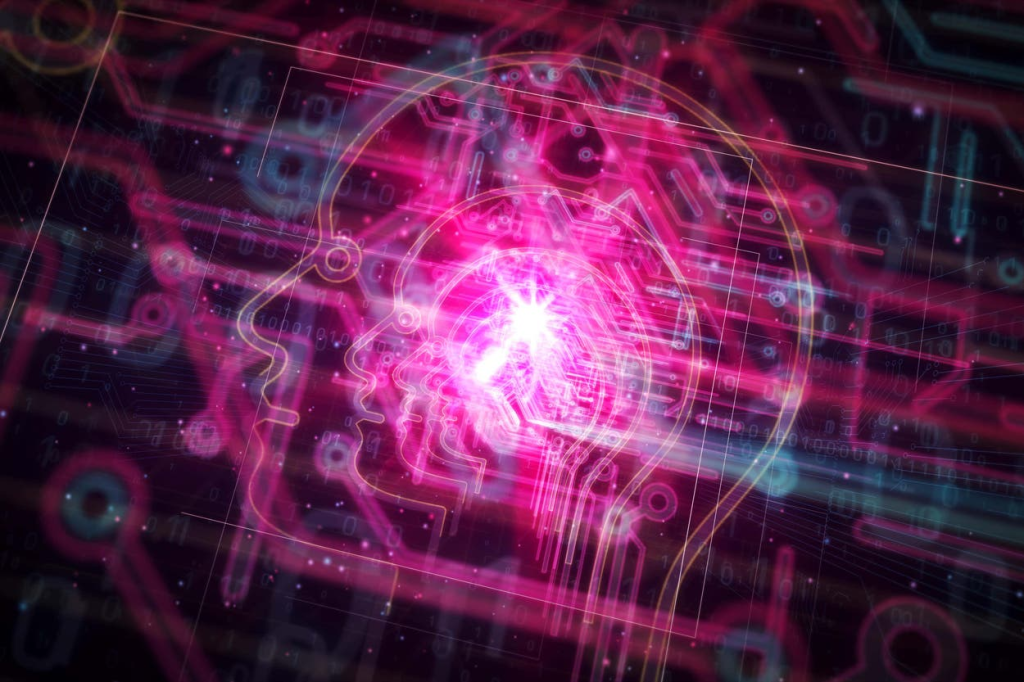Geoffrey Hinton, the British-Canadian computer scientist renowned for his pioneering work in artificial intelligence (AI), has raised concerns about the rapid development of AI technology, calling it “potentially very dangerous.” Hinton, who won the Nobel Prize in Physics this year, believes that society needs to approach the development of AI with great caution and thoughtful regulation.

The Rapid Pace of AI Development
In a recent interview, Hinton explained that the progress in AI is happening much faster than he anticipated. While his research laid the groundwork for machine learning—a technology that enables computers to emulate human intelligence—he expressed alarm over the current pace of innovation.
“The pace of change is much faster than I expected,” Hinton said, adding that there hasn’t been enough time for researchers to fully explore the potential consequences of these advancements. He emphasized the urgency of establishing regulations to prevent the misuse of AI. “We need to stop people using it for bad things,” he warned, noting that current political systems aren’t equipped to handle these risks.
>>>BLW009 for OPPO Watch 4 Pro
A Call for Safer AI
Hinton’s recent work has shifted focus towards ensuring AI’s development remains safe and ethical. Last year, he made headlines when he resigned from Google, citing concerns that “bad actors” could exploit AI technologies to harm society.
Reflecting on the trajectory of AI development, Hinton remarked that when he began his work, he did not foresee AI reaching the stage it is at today. “I thought at some point in the future we would get here, but I didn’t think it would be now,” he told BBC Radio 4’s Today programme.
According to Hinton, many AI experts now predict that within the next 20 years, AI could surpass human intelligence. He described the prospect as “a very scary thought,” comparing it to the relationship between a human and a three-year-old child. In this scenario, Hinton suggested, humans would be the toddlers, and AI would be the grown-ups.
The Industrial Revolution of Intelligence
Hinton believes that AI’s potential impact on society could be comparable to the Industrial Revolution, a period that radically transformed industries by replacing human labor with machines. He argued that while machines once replaced human strength, today, machines are poised to replace human intelligence.
“In the industrial revolution, human strength ceased to be relevant because machines were stronger,” Hinton said. “What we have now is something that replaces human intelligence. Ordinary human intelligence will no longer be at the cutting edge—machines will be.”
The Role of Politics in Shaping AI’s Future
When asked about the future, Hinton highlighted the crucial role of political systems in determining AI’s impact. He expressed concern that without thoughtful regulation, AI could worsen societal inequalities, particularly if its benefits are concentrated in the hands of the wealthy while ordinary people lose their jobs to automation.
“The future will depend very much on what our political systems do with this technology,” Hinton stated. He emphasized that while AI has the potential to revolutionize industries, particularly in healthcare, it must be managed carefully to avoid negative consequences. Without the right regulatory framework, AI could exacerbate economic inequality, he warned.
“If a large gap develops between the rich and poor, it’s very bad for society,” he explained. Hinton fears that AI could contribute to this divide if many people lose their jobs and the rewards of automation are reaped by only a few.
>>>P21GU9 for Microsoft Surface Pro 1 1514
The Threat of AI-Controlled Futures
Hinton’s concerns also extend to the potential for AI to take control in ways that machines never could during the Industrial Revolution. In the past, machines could replace human strength, but humans remained in control because of their superior intelligence. Now, however, the development of highly intelligent AI poses a threat to human dominance.
“Machines are more intelligent than us. There was never a chance in the Industrial Revolution that machines would take over because they were stronger. We were still in control because we had the intelligence,” Hinton said. “Now, there’s the threat that these things can take control.”
In conclusion, Hinton is urging governments, researchers, and industry leaders to act urgently to develop ethical AI regulations that prevent misuse, ensure broad societal benefits, and address potential risks before it is too late.